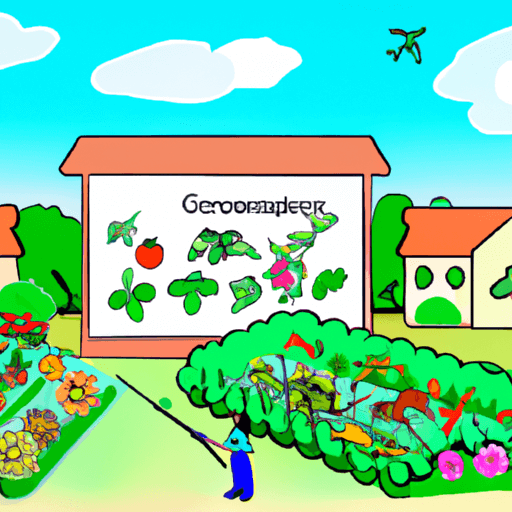Effects of Pesticides on Home Gardening: An Insightful Analysis
This article offers a comprehensive examination of the effects of pesticides on home gardening. This includes a careful evaluation of their advantages and disadvantages, the impact on plant health, soil fertility, and crop yield as well as the possible environmental consequences. Sustainability in garden pest control is also discussed.
The Role of Pesticides in Home Gardening
Pesticides are substances used to control, destroy, repel or mitigate any pests found in the garden. They include herbicides for weed control, insecticides for insect control, and fungicides to control the spread of fungi. These substances work by interfering with the pest’s growth and development or outright killing them. They play a significant role in preventing plant diseases, enhancing plant growth and boosting crop yields.
The Pros and Cons of Pesticides
Advantages
Pesticides offer a quick and efficient solution in the control of garden pests, assisting in safeguarding the health of the plants. They also increase productivity by preventing diseases and reducing crop losses. With the vast types of pesticides available in the market, gardeners can selectively target specific pests without damaging the rest of the garden.
Disadvantages
Despite the advantages, prolonged and inappropriate use of pesticides poses harmful effects on plant health, including inducing stress, causing hormonal imbalance and weakening the plant's natural defense system. In terms of soil health, some pesticides destroy essential micro-organisms in the soil, impacting negatively on soil structure and fertility, and hence reducing crop yield.
Environmental Consequences of Pesticide Use
Pesticide use can also contribute to the pollution of water sources through runoffs, harm non-target organisms such as pollinators and beneficial insects, and contribute to climate change by releasing harmful gases during their manufacture and application.
Sustainable Pest Control Methods
Given the aforementioned drawbacks, it's crucial for home gardeners to consider employing more eco-friendly and sustainable pest control methods. These may include using integrated pest management that combines various organic pest control techniques, planting pest-resistant crop varieties, crop rotation, and using biological control measures like ladybirds for aphid control.
Recent scientific studies affirm that these methods not only preserve plant health and soil fertility but also contribute to environmental conservation by reducing water pollution, protecting biodiversity and mitigating climate change.
As much as pesticides can offer instant relief from pests, it is crucial that their usage be controlled and replaced with more sustainable methods for the long-term health of our gardens and overall environment.

















Comments
Leave a Comment